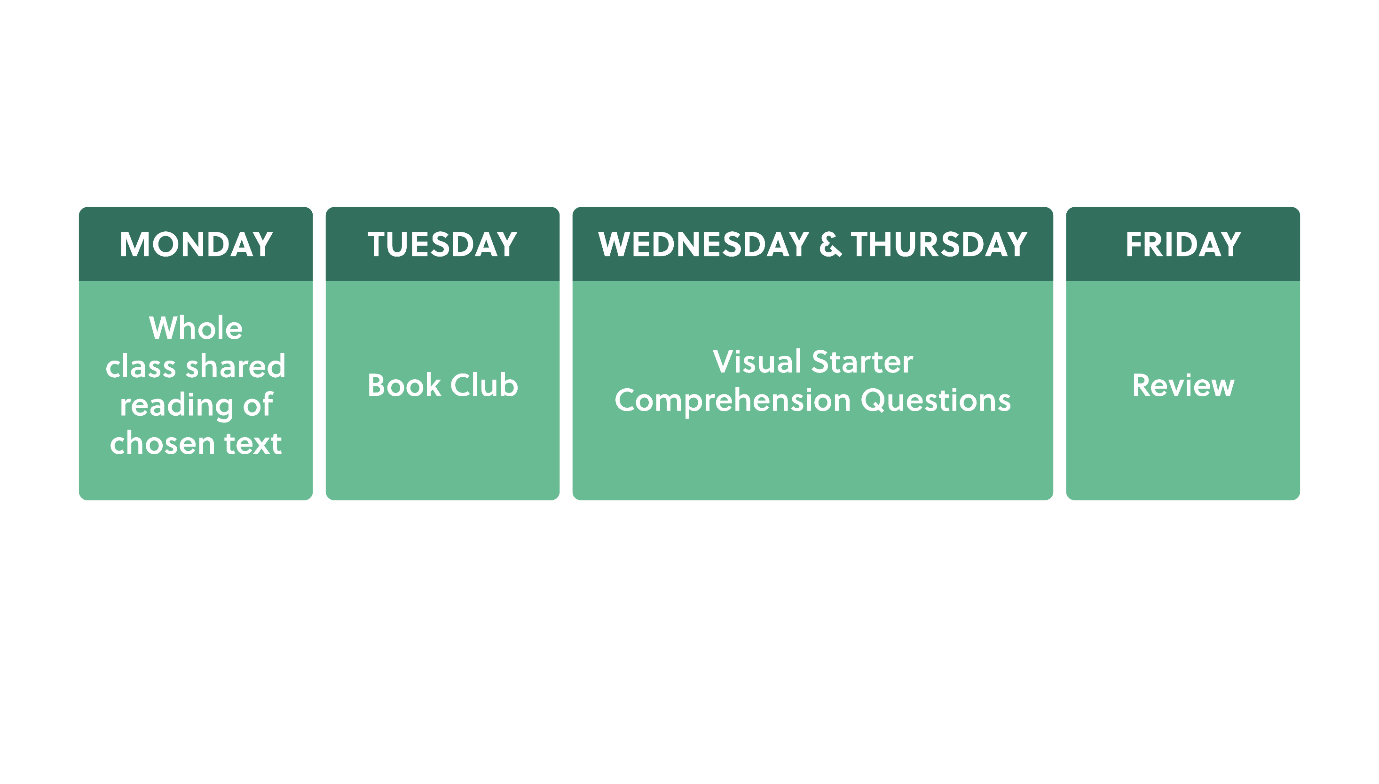Writing
We aim for our writers to be confident in communicating their ideas and thoughts, drawing on their broad knowledge and quality experiences. Children are encouraged to take pride in their writing, develop the ability to write and speak clearly and to select vocabulary to suit a range of audiences and purposes.
How is writing taught at Halley?
Our children to become fluent, confident writers by exploring high-quality texts with a focus on language and structure before writing their own version. Pupils learn to write for a range of purposes and develop knowledge of a number of text types. The writing curriculum is closely linked with other areas of the curriculum which enables them to write effectively for a range of audience by drawing on their broad knowledge and vocabulary of a topic. Pupils’ knowledge of grammar is strengthened through both discrete teaching and by being embedded in all areas of the English curriculum.
How can I support my child?
- Creative writing (writing short stories)
- Using opportunities to write about shared experiences (diary or letter writing)
- Writing shopping lists
- Practising writing their name
- Opportunities for drama and role play
- Opportunities to develop speaking and listening skills (having quality discussions)
Reading
Early Years and Key Stage 1 – Phonics
More information on our Early Reading page here.
Year 2 through to Year 6
Pupils in Year 2 through to Year 6 have a dedicated half hour of Guided Reading each day. Guided Reading books have been chosen to complement the topics pupils are studying within foundation subjects and may also link to the genre pupils are learning about in English lessons.
To further develop a love of reading, teachers read to their classes at the end of most days for 10 minutes.
We follow the ‘Master Readers’ approach.
Excellence after phonics
Once pupils learn the mechanics of reading through a phonics programme, developing their comprehension skills becomes the primary focus in teaching reading. The skills and knowledge pupils need in order to comprehend are very similar at different ages. Therefore, we use a whole class, mastery approach to teaching reading from Year 2 (when RWI programme is complete) through to Year 6.
The weekly cycle supports pupils in developing their reading ability across the week. Pupils have a 30-minute lesson to give them a daily opportunity to become true readers.

Our reading strategies are taken from the National Curriculum. We ensure that children have been taught to predict, retrieve, infer, and deepen their vocabulary. Children at Halley become active readers and are able to apply the four reading strategies in their own reading. The children also develop their speaking and listening skills which are crucial for critical thinking. Our teachers have been trained by Francois Walker from White Knights School and receive termly development days.
Progression in Master Readers_document
Spelling
We use the Read, Write Inc. Spelling programme to teach spelling from Years 2-6. This is an interactive and engaging programme which teaches children the rules and patterns of spelling; there is also a focus on irregular spelling patterns which need to be memorised.
Memorising spelling for a weekly spelling test can be stressful, and often children are unable to apply accurate spelling of these words to their writing. Because spelling is taught and rehearsed daily, children will not be given lists of spellings to learn for a test.
